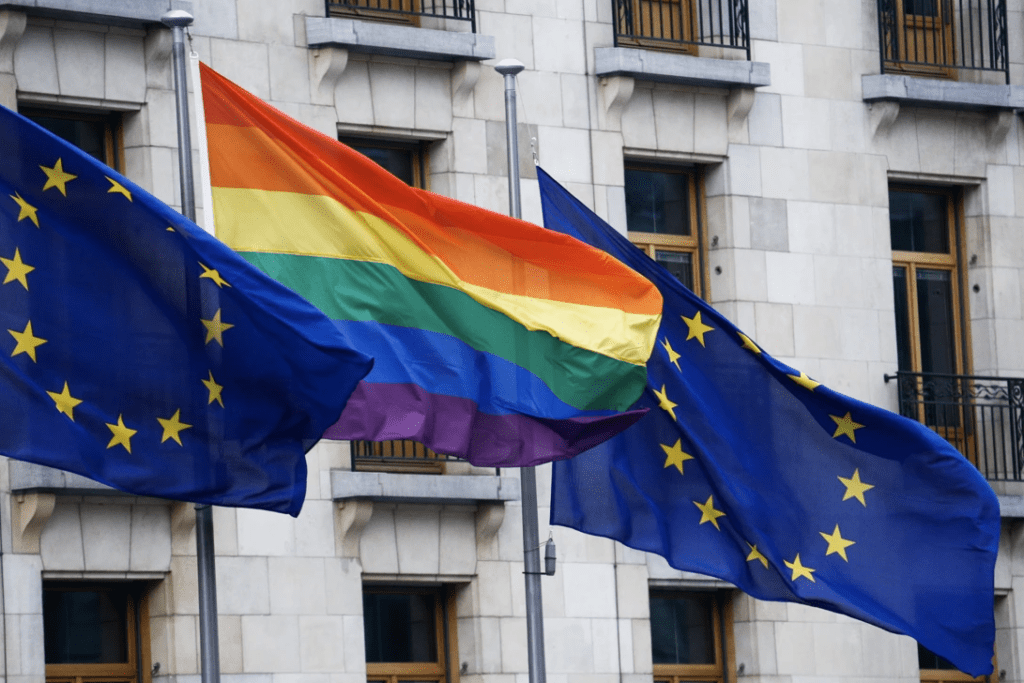The Brussels government has approved €60,000 in funding for LGBTQ causes in Hungary and Poland, where those communities have been increasingly marginalised by anti-LGBTQ legislation.
“Brussels wants to play a leading role in the fight for LGBTIQ+ equality, within our city and beyond,” said Pascal Smet, Brussels State Secretary for European and International Relations.
“With the released funds, the Brussels organisation Forbidden Colours will be able to fight for LGBTIQ+ rights in two places where these rights are currently under enormous pressure.”
Forbidden Colours will use the funds to support and further professionalise the Budapest Pride organisation and the Polish LGBTIQ+ Friendly School Ranking.
“The LGBTIQ+ communities in Poland and Hungary have been through a difficult year. By supporting them, we help them turn the tide. Brussels takes its responsibility as the capital of a democratic Europe,” said Forbidden Colours executive director Rémy Bonny.
Related News
- New anti-LGBTQ stickers found in Antwerp, police launch investigation
- Rainbow House responds to Commission's penalties on Poland
- European Commission launches legal action against Hungary for anti-LGBTQ+ law
Persecution in Hungary and Poland
Part of Forbidden Colours’ work involves monitoring anti-LGBTIQ+ initiatives and providing advice at the EU level on LGBTIQ+ rights and democratic decline. They have been a principal advocate for sanctions against Hungary and Poland for their attacks on these rights.
In Hungary, an anti-LGBTQ “propaganda” law forbids discussing LGBTQ matters in the presence of children, including public spaces. In Poland, several municipalities and provinces have declared themselves “LGBTQ Free Zones.”
“As the capital region of Europe, it is our duty to support the inclusion of LGBTQIA+ persons and to promote it in other European countries,” said State Secretary for Equal Opportunities Nawal Ben Hamou.
“The Region’s support for the activities of Forbidden Colours coincides with the future Brussels Plan for the Inclusion of LGBTQIA+ people. This plan does not only include increased support for associations but also several actions to ensure that the Brussels Region becomes a driving force in defending the rights of LGBTQIA+ people in its international relations.”

